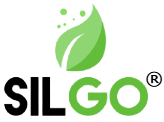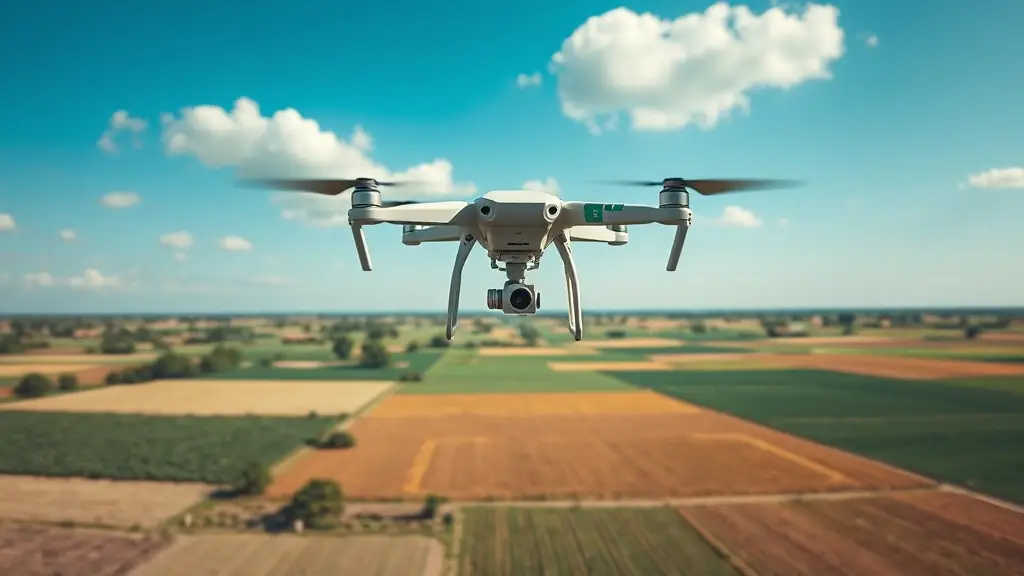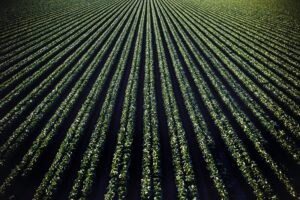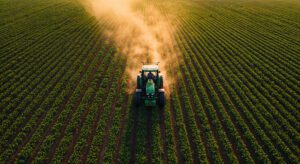Modern farming is undergoing a significant transformation, with technology playing an increasingly crucial role in optimizing processes and enhancing efficiency. From precision agriculture techniques to automated harvesting systems, technology is revolutionizing the way farmers manage their operations. This integration of technology is not only improving productivity but also contributing to a more sustainable and resilient agricultural sector. The adoption of technology is essential for farmers to adapt to the changing demands of the global food market. One of the most significant advancements in modern farming is the use of data analytics to optimize resource utilization. By collecting and analyzing data on soil conditions, weather patterns, and crop health, farmers can make informed decisions about planting, irrigation, and fertilization. This data-driven approach allows for more precise and efficient resource management, leading to increased yields and reduced environmental impact. The use of drones and satellite imagery is also revolutionizing the way farmers monitor their fields. Furthermore, technology is enabling automation in various aspects of farming, from planting and harvesting to pest control. Automated systems are improving efficiency and reducing labor costs, allowing farmers to focus on other critical aspects of their operations. This automation is particularly beneficial in large-scale farming operations, where it can significantly increase productivity. The integration of technology is paving the way for a more sustainable and productive future for agriculture.
How Silicon Adjuvants Like Silgo 48 Are Transforming Modern Crop Spraying
In today’s fast-moving agricultural landscape, farmers are under increasing pressure to improve crop protection efficiency



